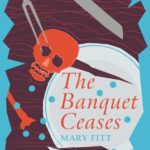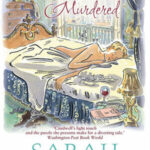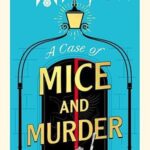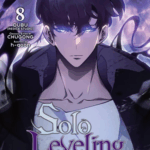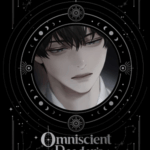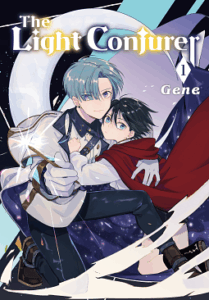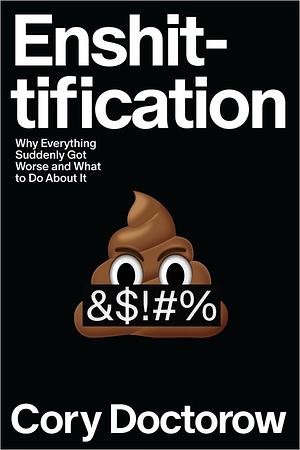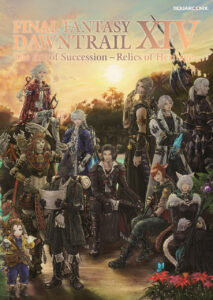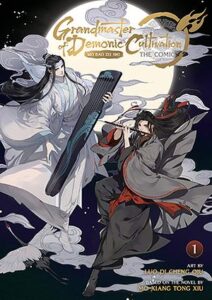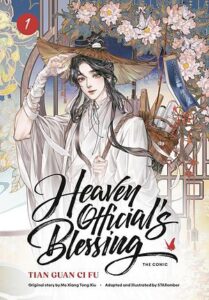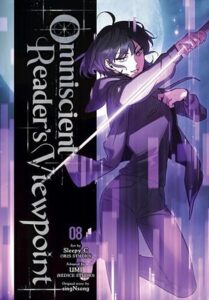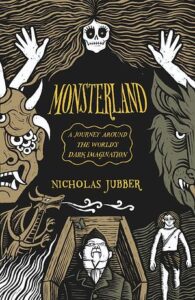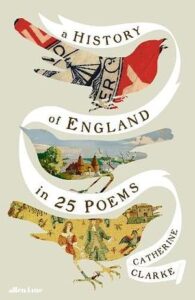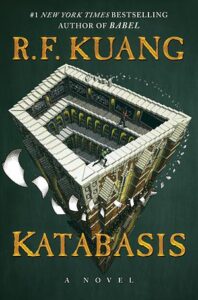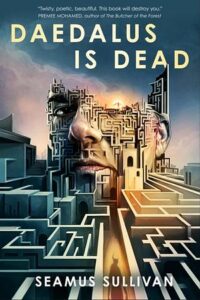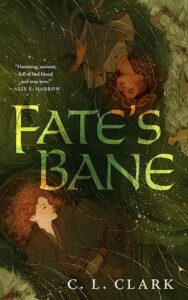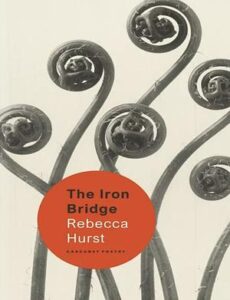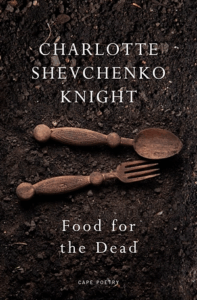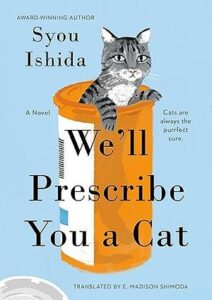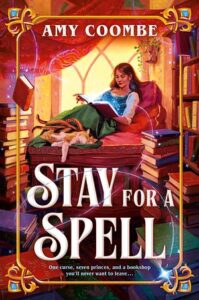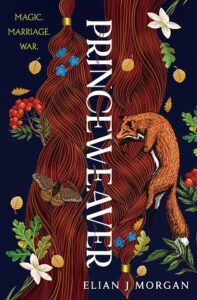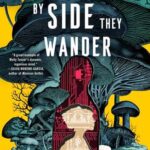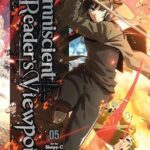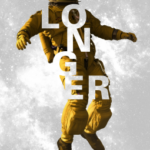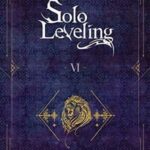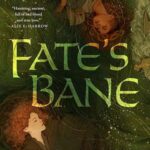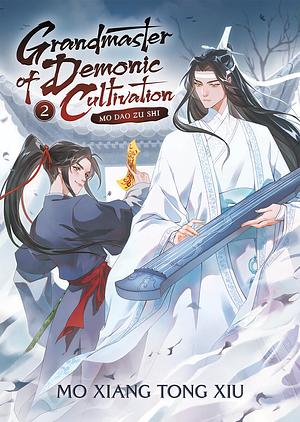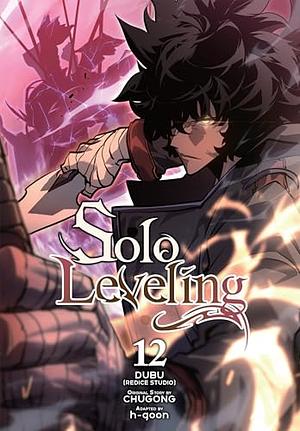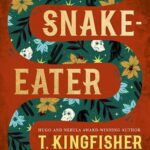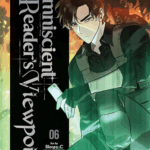This week’s Top Ten Tuesday prompt is about bookish discoveries made in 2025! I don’t have any general things like bookshops or book clubs to share, so I’ll go with new-to-me authors in 2025, though it’s heavy on authors where I only know a single work/series (and sometimes they don’t have others).
- Uketsu. I really enjoyed both Strange Pictures and Strange Houses, especially the latter, and I’m looking forward to the upcoming Strange Buildings. They’re such weird stories, and if you want to piece together the mysteries for yourself you have to really stare at the included images. (This is perhaps why I liked Strange Houses most: I found it easier to come up with my own theories and spot what I was meant to see, so I got to participate a bit more.)
- Xue Shan Fei Hu. Me and my wife both got super into The Disabled Tyrant’s Beloved Pet Fish at the same time, which was fun — reading the books at the same pace, chatting about plot developments, etc. It’s a silly story (though it does include some political intrigue) and very cute, and I’m sure I’ll reread it. I’d give other books by this author a shot too.
- Mary Fitt. I didn’t know anything about this queer Wales-based classic mystery writer, but in 2025 I came across The Banquet Ceases and loved it. I later read Clues to Christabel as well, which I found compelling but somewhat less enjoyable. I’m definitely eager to read more of her work, and there’s a lot of it (if not all?) on Kobo Plus, which is convenient.
- Sarah Caudwell. I started seeing people talk about Thus Was Adonis Murdered a lot and gave way to curiosity, ending up fully on the bandwagon despite not being sure whether the humour would suit me, or whether a crime novel based around a bunch of lawyers would be fun. I haven’t read the fourth book, which I’ve been warned isn’t as fun, but I really loved the first three. They’re witty and clever and full of character, and I’m sure I’ll reread them at some point.
- Sally Smith. Another legal-based mystery, in the same year?! Shockingly, yes. I was initially put off by the main character, Gabriel Ward, who seems to be kind of stuffy — but it didn’t take long before I was won over. I loved both A Case of Mice and Murder and A Case of Life and Limb (which I requested to review because I’d unexpectedly loved the first book so much), and I’m so impatient for book three.
- Yatsuki Wakatsu. This is the author of The Other World’s Books Depend on the Bean Counter, which I read in both the original light novel format and (as far as it exists) the manga adaptation. I’d definitely give more books by this author a shot; the light novels kept me chirpy and fascinated during a high-stress, high-anxiety time as my final exams approached, we were moving house, etc, etc. I’ve actually been rereading the manga due to the new volume coming out, and it confirmed to me how much fun the series is.
- Rinteku. I don’t know if Rinteku’s written any other manga, but I came across Love in the Palm of His Hand and really fell in love with how it tries to portray the multiple ways the deaf protagonist communicates. It was really interesting to see how Rinteku chose to represent sign language in a static medium (showing several hand positions in the same frame, for instance). It’s also a really sweet story, even if I don’t 100% love the art. I’d definitely try something else by them.
- Itaru Kinoshita. I absolutely fell for Dinosaur Sanctuary last year, and though I haven’t got through my backlog of written-but-not-yet-posted review to start posting the reviews yet, I can’t wait to share them. It’s basically “what if we found living dinosaurs, put them in zoos, and really had to take care of them?” The dinosaurs are studied, given medical care, encouraged to breed, need enrichment — and the public needs to be engaged with too. I really loved how rooted it is in what we know about dinosaurs and some interesting but plausible extrapolations. The series has a research consultant so it can be as accurate as possible! It’s wholesome and fun, and I also learned new things.
- Chugong. That’s the author of the original Solo Leveling light novels! I actually read the manhwa first, which I loved, but I’m knee-deep in the light novels now as well and really loving it. I find it weirdly relaxing that though the stakes are ultimately really high (the survival of all humans), the main character is so ridiculously overpowered (and so rarely at a loss) that you know somehow everything is going to be fine.
- singNsong. This has really been a year of me reading a lot more media from Japan, China and Korea, as you can tell from the rest of this list! So it’s only fitting to end with Omniscient Reader’s Viewpoint, which filtered slowly into my awareness through an online friend loving it and a few mentions in the game Tiny Bookshop, where it’s one of the books you can recommend to the bookshop patrons. I’m enjoying both the light novels and the manhwa, and can’t wait for more.
I was actually surprised by the dominance of Japanese, Chinese and Korean works here, but that’s a fairly accurate picture of my reading, to be fair. There are a few runners-up whose books I enjoyed, like Molly O’Neill’s Greenteeth, Rachel Harrison’s Cackle, Julie Leong’s The Teller of Small Fortunes, Chelliace’s Tied to You… so it wasn’t easy to choose just ten to discuss. It was a good year for reading!
Definitely eager to see everyone else’s picks.


